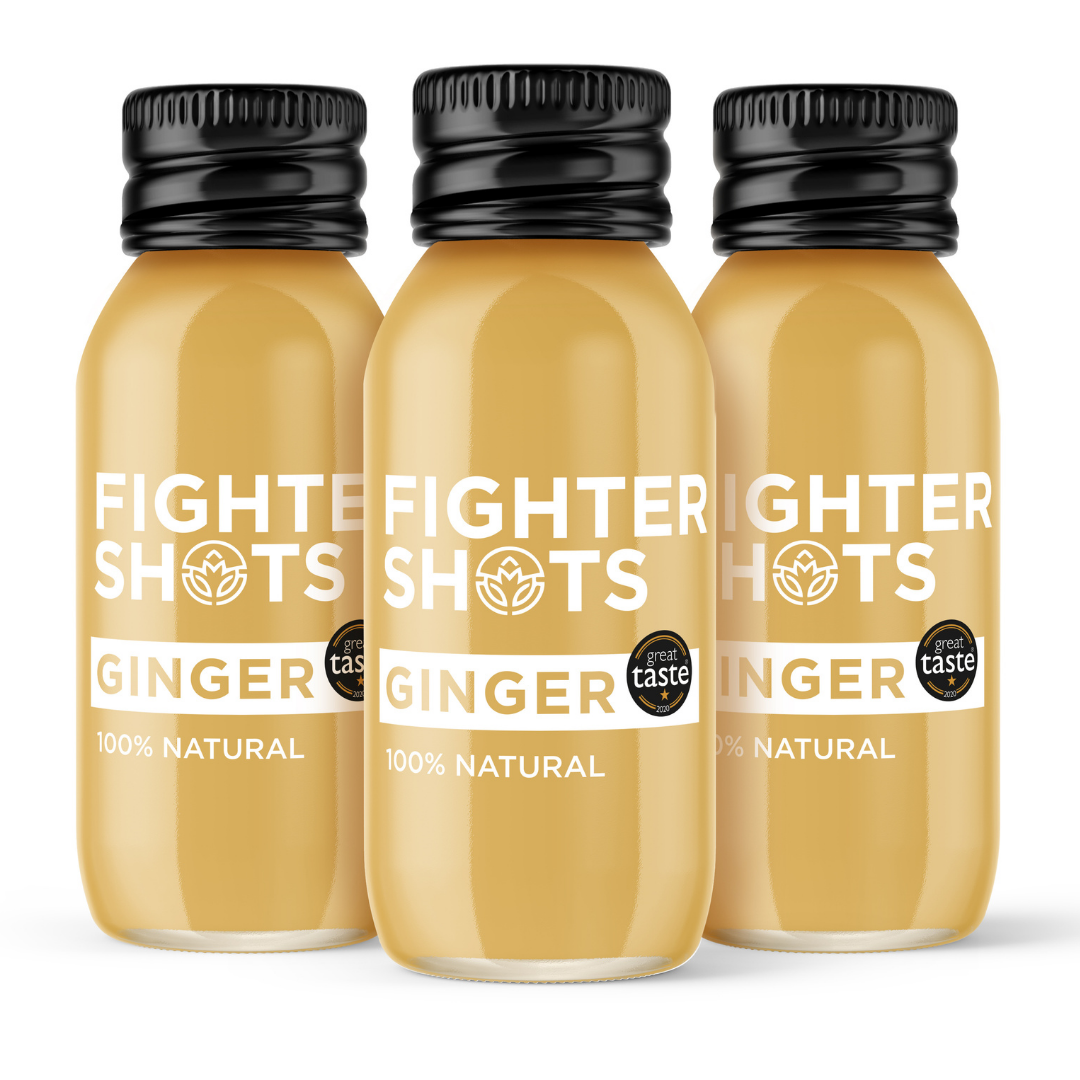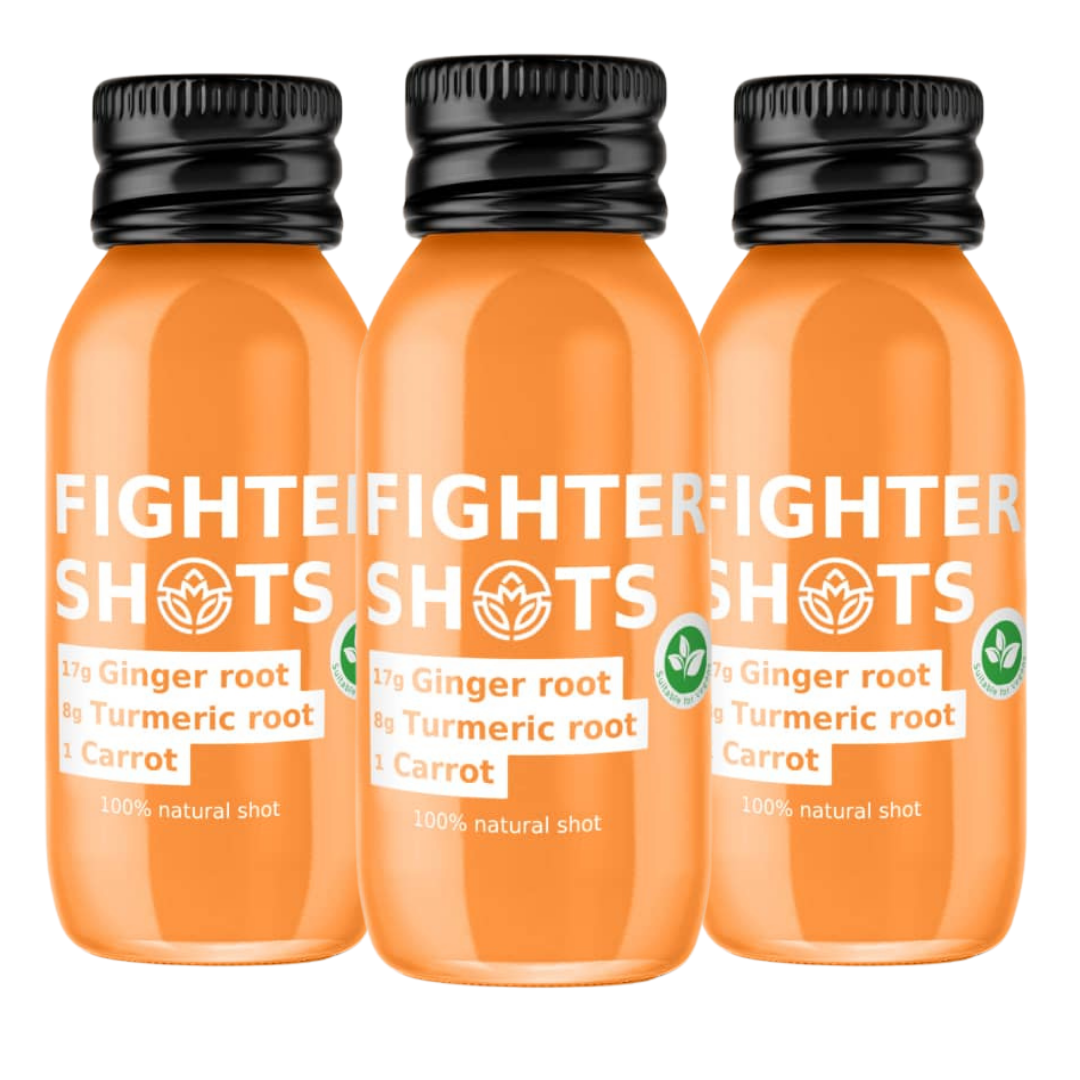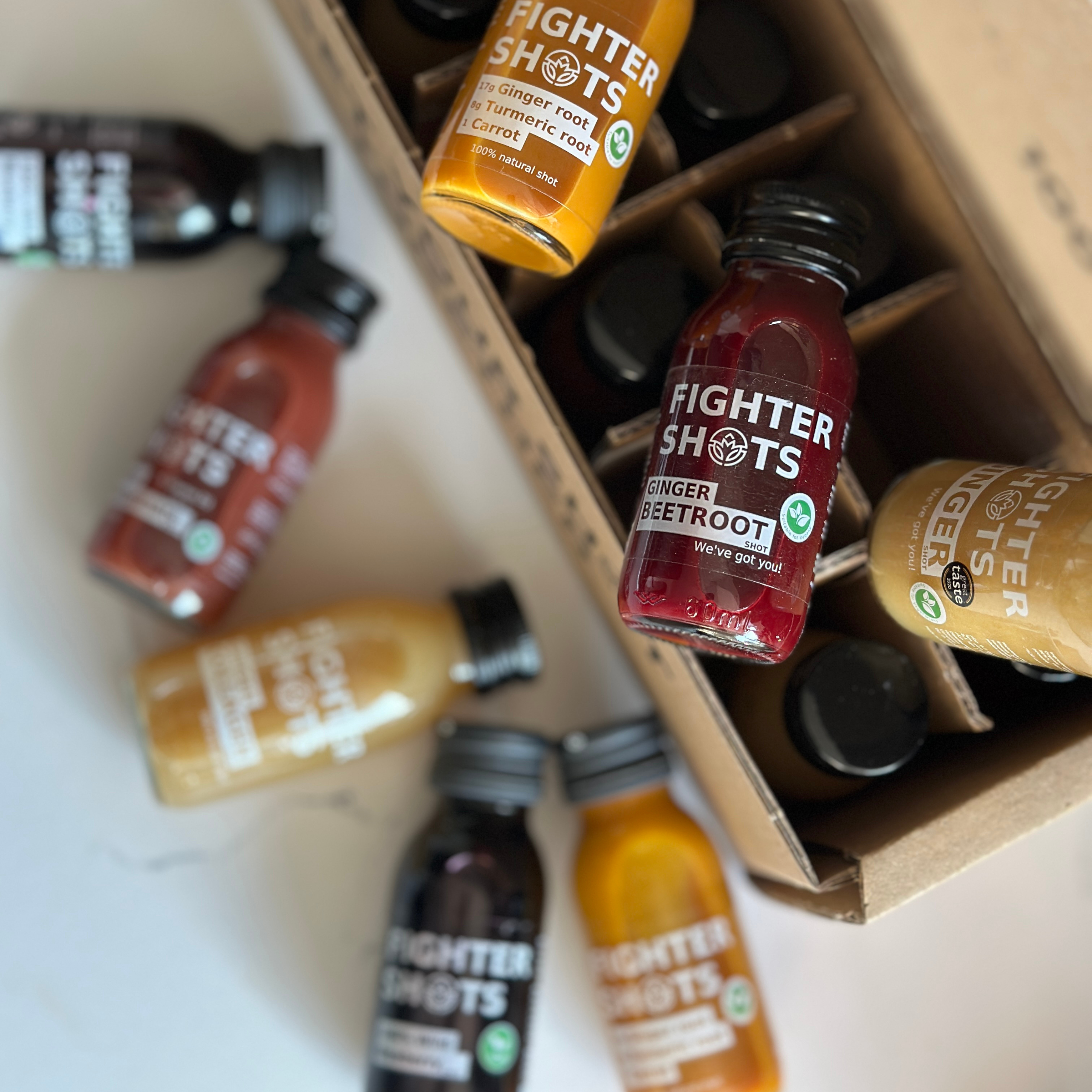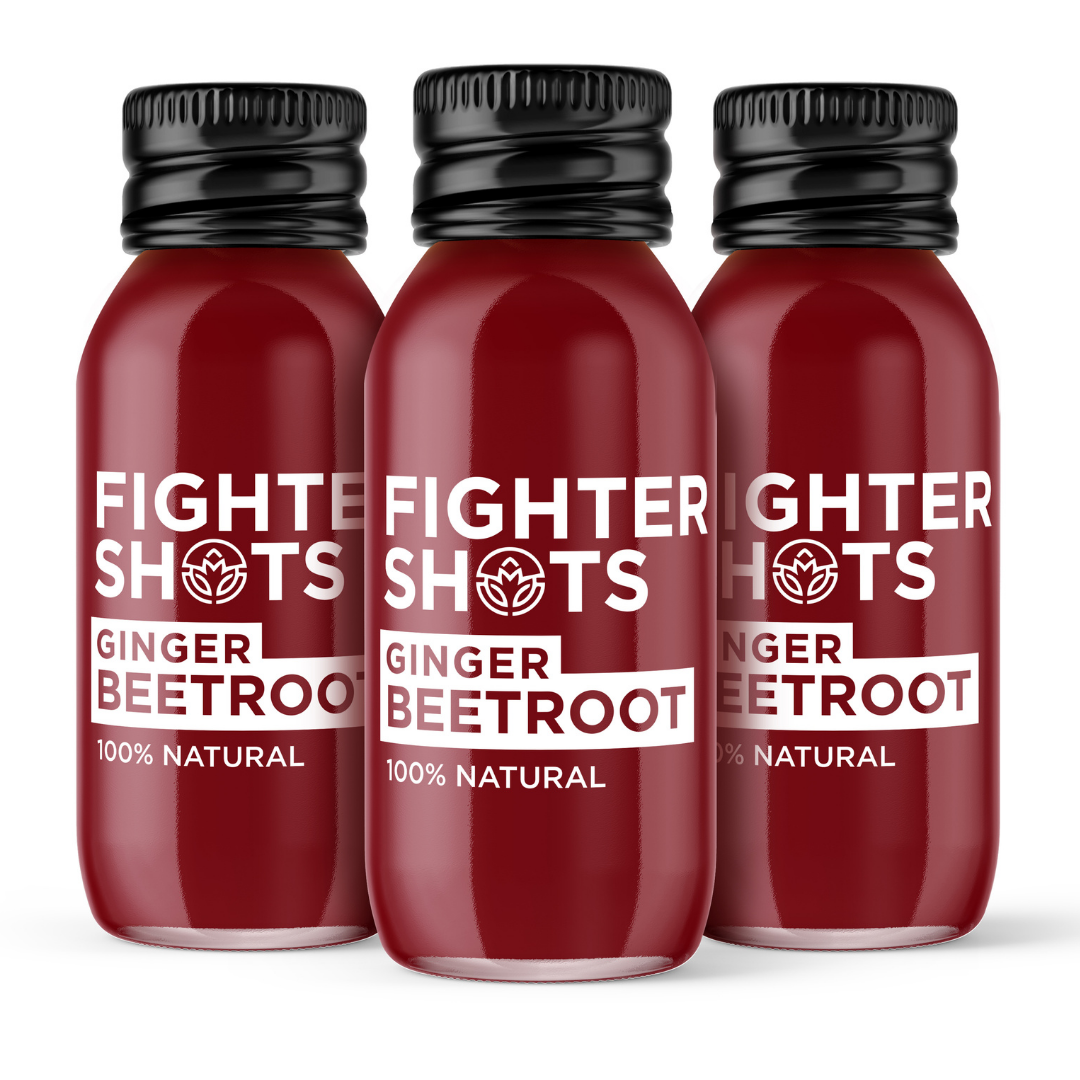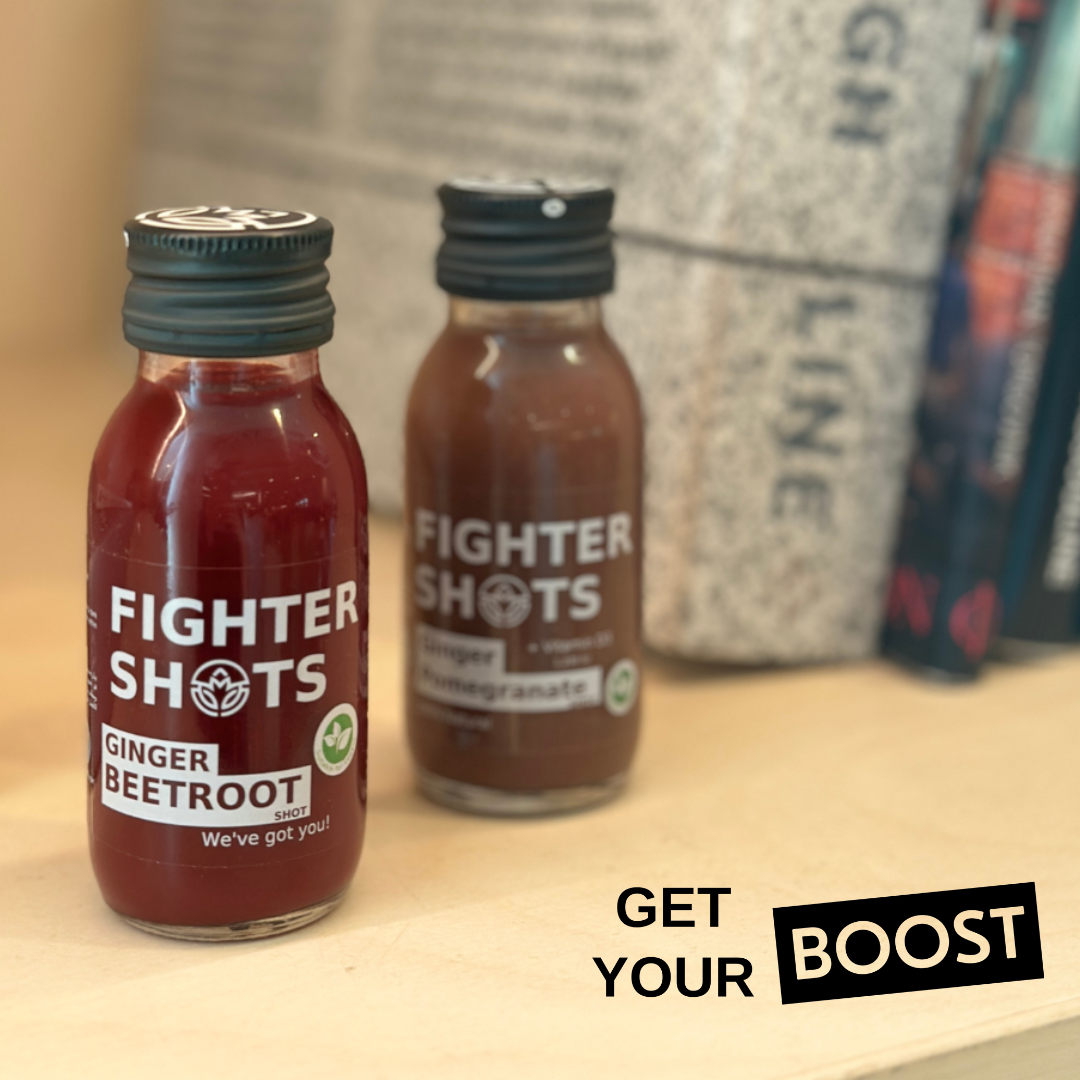Sugary drinks are one of biggest supporters of worldwide sugar consumption. Too much sugar in our diets is connected to weight gain, obesity, type 2 diabetes, cardiovascular sickness, and dental caries. With a number of proposals to limit intake of sugary drinks, sales are increasing worldwide, particularly in low income countries due to high level of marketing.
In response to this, countries have responded by creating measures to reduce sugar in the diet, including market limitations, charges/taxes on sugar-sweetened refreshments. Other examples involve front-of-pack warning labels, and ban of sale of sugary drinks in schools. The UK government has attempted to tackle the issue by adding a 20% sugar tax to fizzy drinks.
Why Sugar Awareness is Essential to a Healthy Lifestyle

Sugars can be an unnecessary and unhealthy source of calories, and is has become a greater concern due to the issues associated with excessive sugar consumption.
There are various types of sugar in the diet, from naturally occurring, free sugars, organic juices and smoothies. It can be quite difficult to determine how much sugar we are consuming.
Throughout the body, excess sugar causes harm. Even a single instance of elevated glucose inside the bloodstream can be dangerous to the brain, resulting in slowed cognitive function and deficits in memory, thought process and attention.
Elevated blood glucose additionally harms blood vessels. Blood vessel harm is the essential cause of the vascular complications of diabetes, leading to other troubles; this includes damage to blood vessels in the brain and eyes causing retinopathy.
What are free and naturally occurring sugars?

Free sugars are typically added to flavoured yoghurts, cereals, fizzy drinks, biscuits and chocolate. Naturally occurring sugars such as honey, maple syrup and nectars still count as free sugars.
Normally found in whole fruit, vegetables and milk-based products, naturally occurring sugars are not considered harmful for health, however they still contain some calories.
High sugar intake impacted on weight
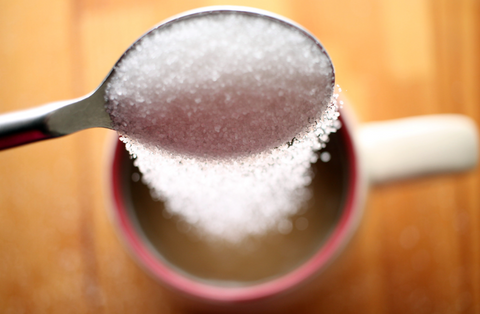
Sugar is the largest contributor to weight gain and obesity in the UK. In children, sugar excess may additionally account for concentration problems, sleep deprived, hyperactivity and digestive upset.
Sugars are 'basic carbs', and are additionally found in fructose and glucose in fruit. These basic carbohydrates provide you energy, however, consuming too much of it means the body can't process them appropriately, which over the long run prompts the abundance being stored as body fat.
These are not to be confused with 'complex sugars', which are found in starchy vegetables, whole grains, rice and cereal. These are more deficient in giving the body energy, which implies you don't need to eat as many and thusly put on less weight.
Sugar Replacers and other artificial sweeteners

There are many sugar replacers available for purchase. They have somewhat various capacities, taste profiles and the amount of research conducted on them varies.
Sugar replacers are otherwise referred as 'artificial sweeteners', 'sugar substitutes', 'low calorie sugars', 'focused energy sugars', 'mass sugars' or 'non-nutritive sugars.
Because they are hundreds of times sweeter than sugar, only tiny amounts are needed to equal the sweetening power of sugar. Before the government approves the use of any sweetener it carefully scrutinizes the process of production, the type of food it would be used in, how much an individual would consume in one day and the potential harm it can cause.
Snacks – Alternative sugar dietary techniques

Healthier snack choices are those without added sugar, such as fruit natural product (fresh, tinned or frozen), unsalted nuts, unsalted rice cakes, oatcakes, or homemade plain popcorn.
You could begin by having fewer snacks in case you're not prepared to give up your favourite flavours. Rather than 2 bread rolls in 1 sitting, take a stab at having 1. In the event that your snack has 2 bars, have 1 and offer the other, or save it for one more day.
When shopping, pay special mind to lower-sugar (and lower-fat) forms of your favourite snacks. Purchase smaller packs, or avoid the family packs and simply go for the normal sized packets will contribute the level of sugar you intake.
Whether it’s your first time attempting to reduce the sugars in your diet or you have had done so previously, the most important result is not just the reflection it is having upon you but the influence you have by helping others become more sugar aware.










